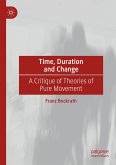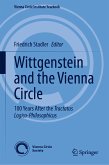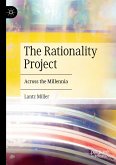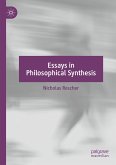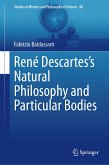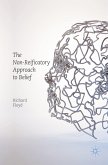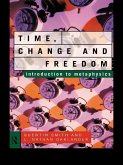This volume traces the evolution of Wittgenstein's thoughts on time and temporality from the Tractatus, through the Investigations, into some key post-Investigations remarks and also examines the motivations behind Wittgenstein's post-Tractarian return to philosophy and, in particular, the unique methodology he developed in order to serve his renewed purpose. The final chapter seeks to answer thequestion, What was Wittgenstein trying to achieve with Philosophical Investigations? This book is of interest to philosophers.
Dieser Download kann aus rechtlichen Gründen nur mit Rechnungsadresse in A, B, BG, CY, CZ, D, DK, EW, E, FIN, F, GR, HR, H, IRL, I, LT, L, LR, M, NL, PL, P, R, S, SLO, SK ausgeliefert werden.



